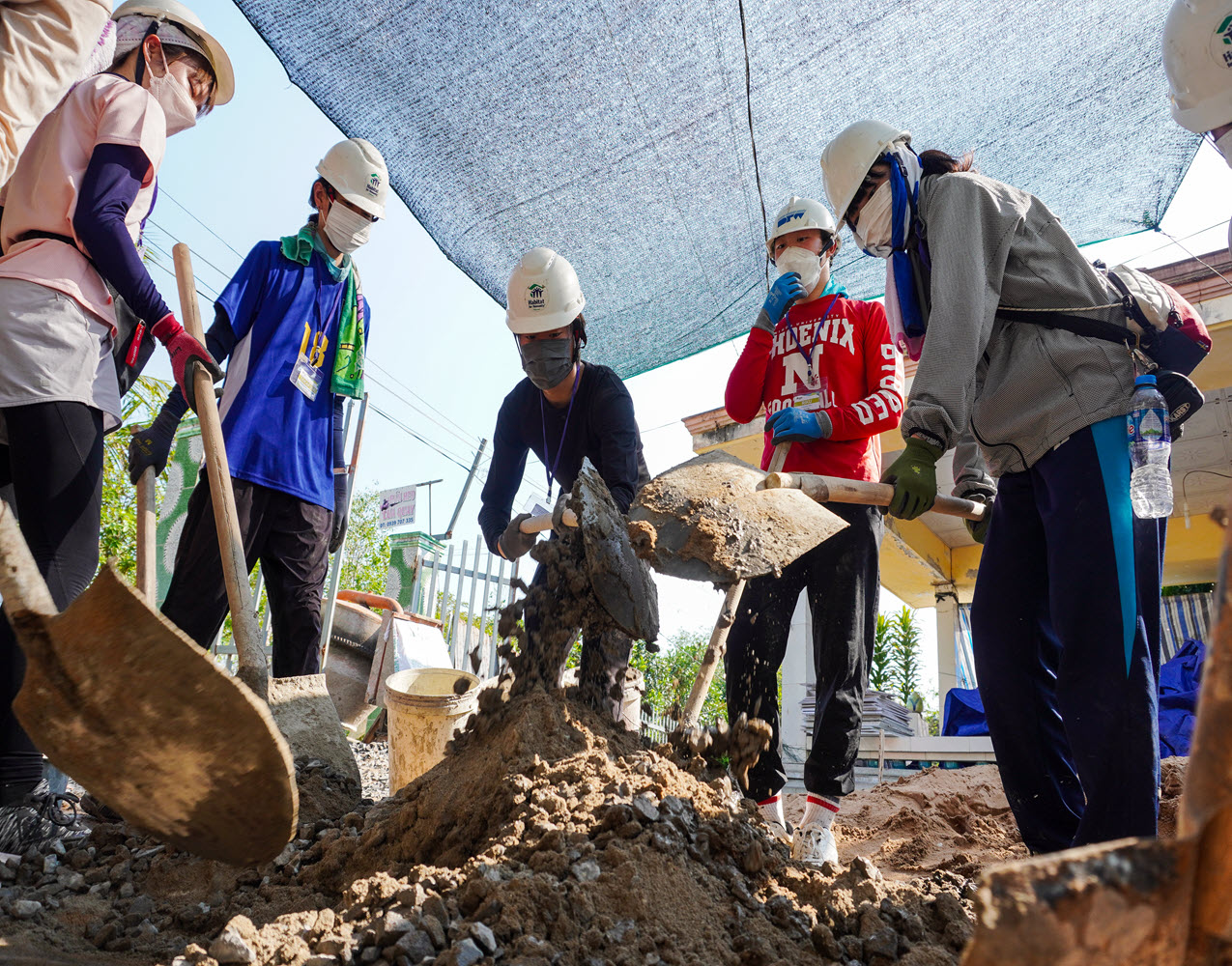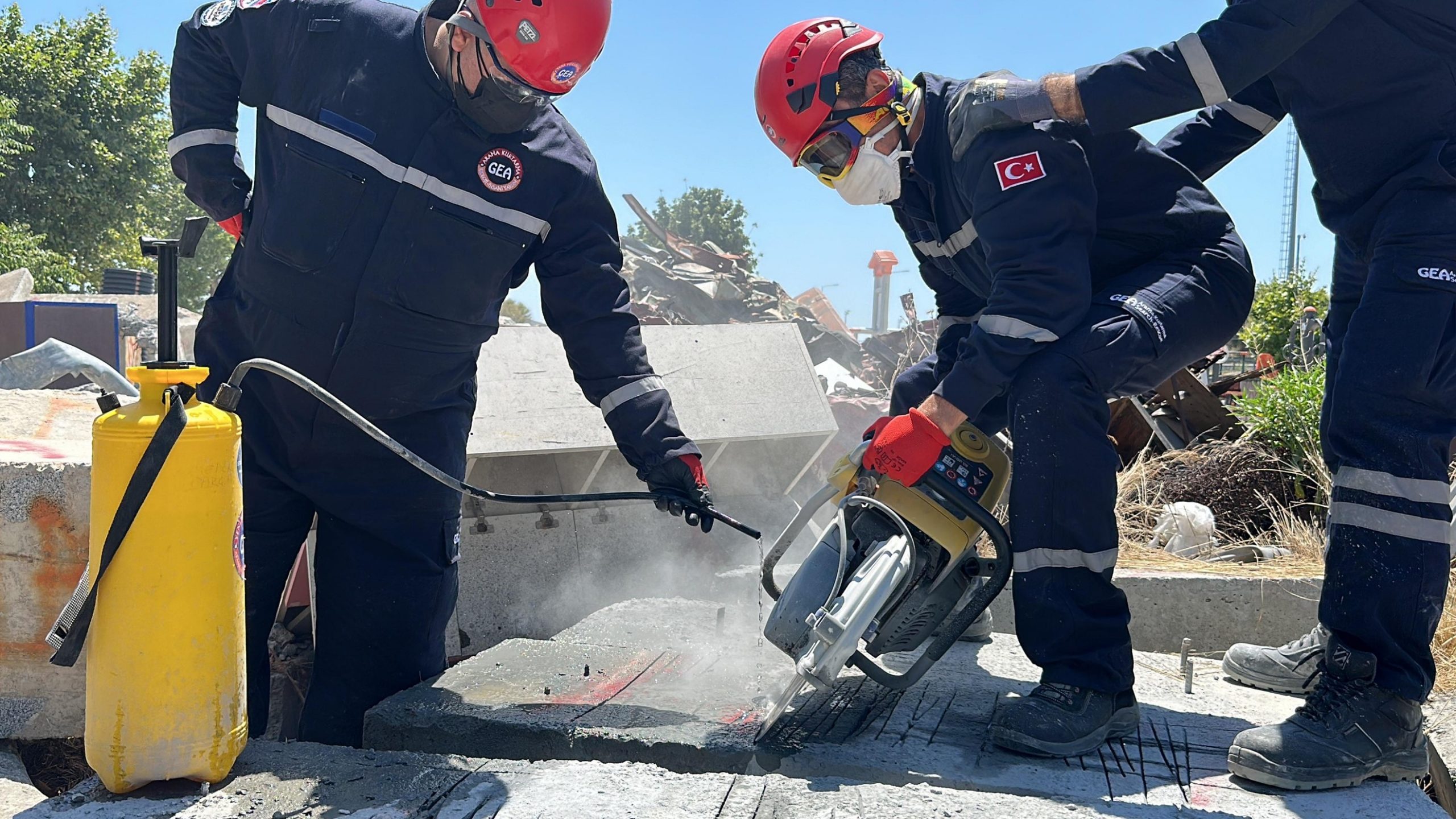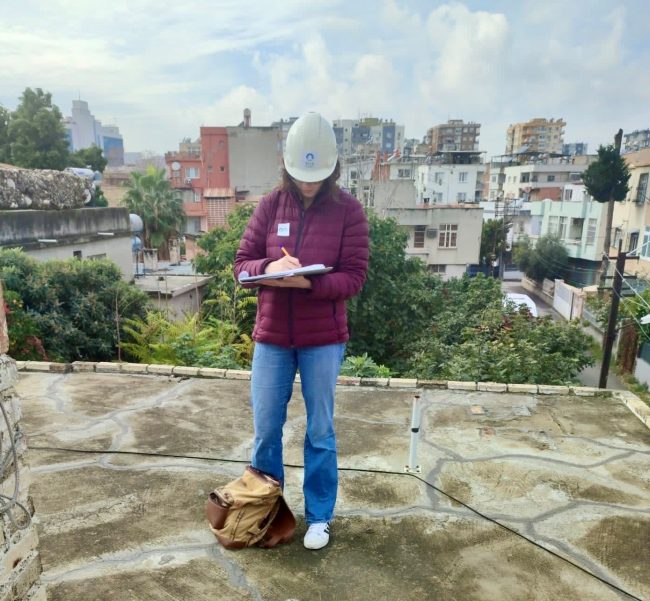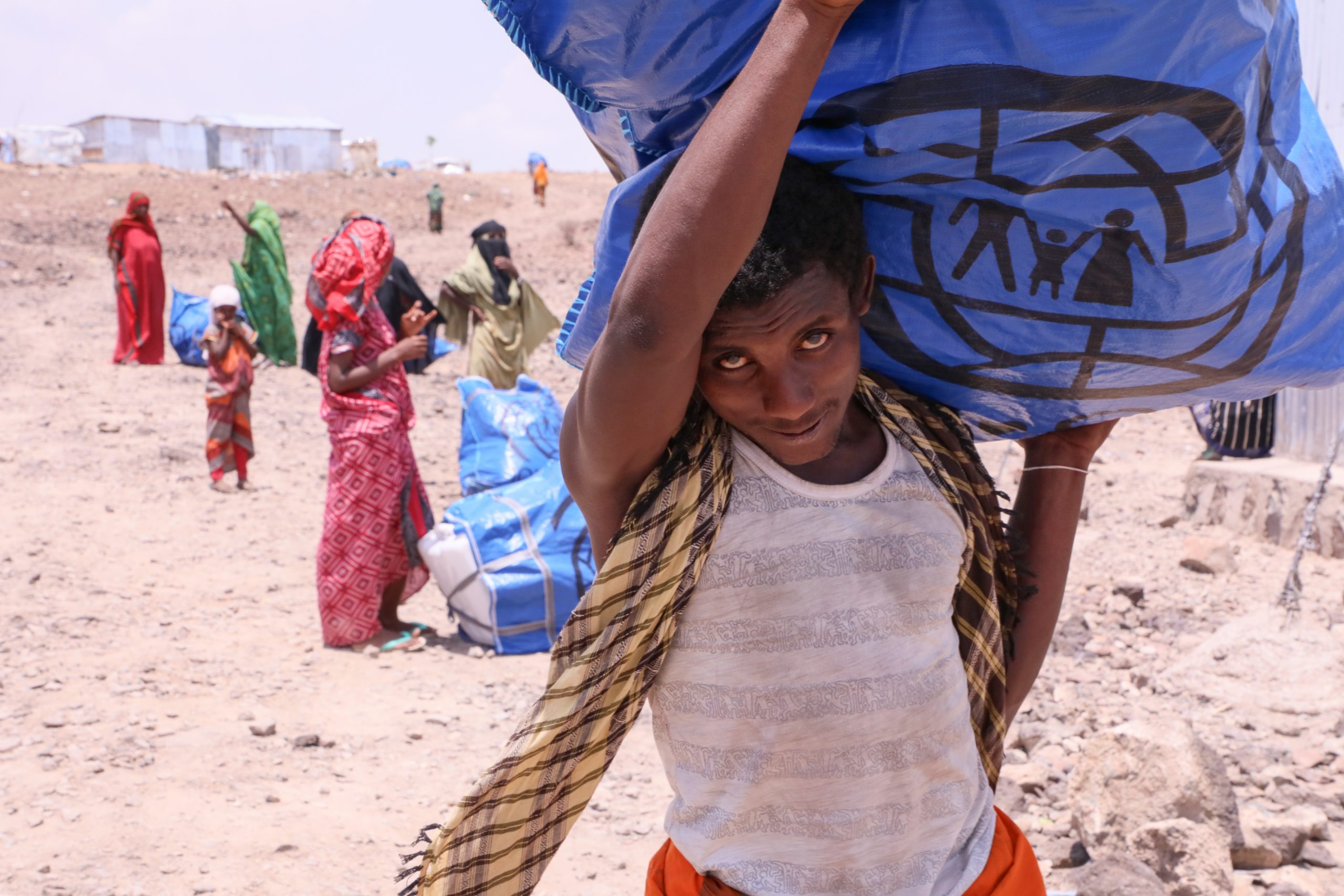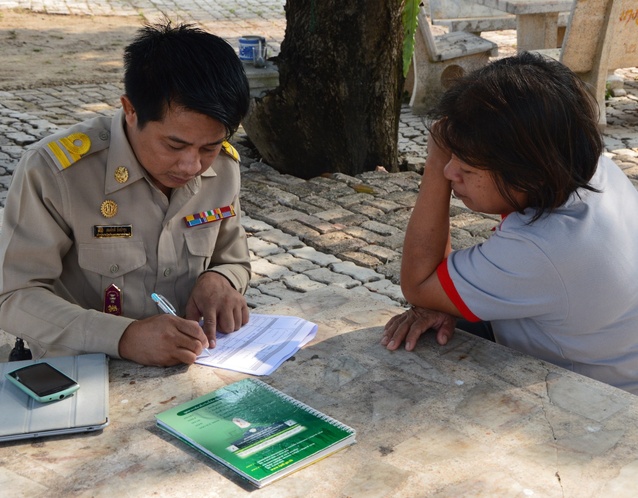
Natural disasters in Thailand are typically water-related events such as floods, droughts and landslides.
The prolonged flooding caused by a series of tropical storms during the 2011 monsoon season caused huge damage to the livelihoods of those directly affected. The World Bank estimates that the damage caused to the Thai economy during 2011 may have amounted to as much as USD 45.7 billion.
Since the 2011 floods, the government of Thailand has committed to developing a comprehensive action plan, which includes establishing high-technology flood warning systems. These measures are most effective when combined with comprehensive disaster-preparedness measures at the local level.
The JTI Foundation and ADPC conceived this program in response to the pressing need to develop community-based plans that mitigate the risks of future flooding.
The program focused on two pilot communities in Ayuthaya – one of the provinces worst affected by the 2011 floods. It drew together local authorities, community leaders, volunteers, schoolteachers and students to develop disaster preparedness plans tailored to local needs and circumstances.
An initial community training session was conducted in July 2012, involving 50 representatives from the Tha-Luang Sub-district of Ayuthaya Province. This workshop has enabled participants to develop community disaster prevention, disaster mitigation and emergency response plans.
As a result of the training events and workshops that were central to the program, the beneficiary communities combined their knowledge of local risks with early warning information to develop effective community disaster preparedness plans. Coupled with training for local response teams, these will better prepare the target communities to meet the challenges of possible natural disasters in the future.
The collaboration with ADPC had a wider aim of cascading the expertise developed during the first phase of the project more widely to other flood-prone areas of Thailand. To achieve this, the project trained 48 ‘first-responders’ in the two pilot communities – and 24 of these instructors were selected to rollout similar training workshops across Thailand, with the support of central government agencies.
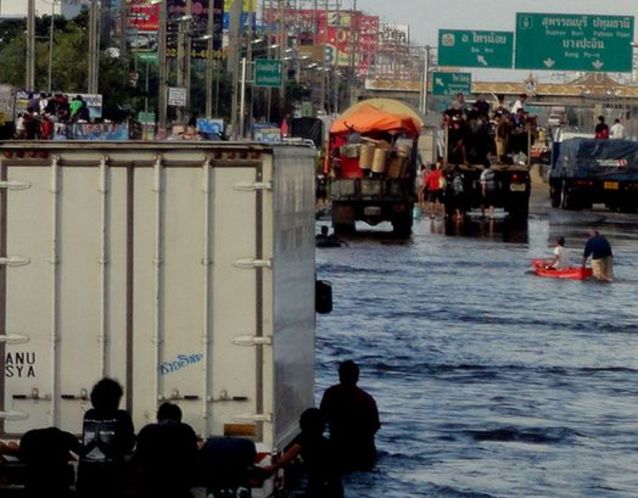
OVER 20 YEARS OF INVESTMENT IN DISASTER MANAGEMENT INITIATIVES
Countries where we have supported our partners’ work in response to a growing range of threats to life and livelihood
Million USD invested since 2001 to help communities better prepare for – and recover from – natural and man-made disasters
Projects addressing a broad range of challenges, including mine-clearance, emergency shelter, resilient housing solutions and capacity building


